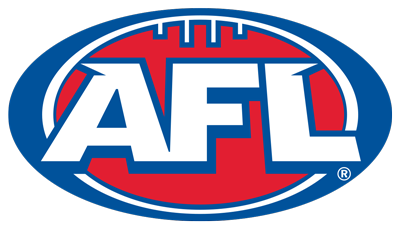Don Pyke
Last updated on November 25, 2024 at 18:09 pm
Posted on June 15, 2024 at 13:19 pm
Mark Pyke’s journey from player to coach showcases dedication and skill. Starting in Bloomington, Illinois, he excelled in football and cricket, eventually shining at Claremont and the West Coast Eagles. Shifting to coaching, he led Claremont and then the Adelaide Football Club, achieving a 62.8% win rate. Pyke emphasized teamwork and adaptability, guiding his teams to AFL finals and the 2017 Grand Final. His remarkable journey from player to coach highlights a seamless shift and a successful coaching career. Explore further details on his impactful career and coaching style.
Early Life
Don Pyke’s early life began in Bloomington, Illinois, on December 5, 1968, before his family’s move to Western Australia in 1972 and eventually to Canberra in 1977.
Growing up, Pyke showed talent in both football and cricket, excelling at junior levels. He played for the Belconnen Football Club and represented the ACT cricket team.
Pyke was later recruited by Claremont in 1987, where he played a significant role in their premiership win that year. Additionally, he represented the Western Australia under-19 cricket team and won Claremont’s best and fairest award in 1988.
These early experiences laid the foundation for Pyke’s successful career in both sports.
Playing Career
During his time as a player, Pyke made a substantial contribution to the West Coast Eagles, showcasing his skills in both football and cricket. Recruited by the Eagles in 1988, he played 132 games and kicked 70 goals for the team. Pyke was part of the 1992 and 1994 premiership sides and later shifted into a defensive skills player.
In 1993, he tied for the Club Champion Award with Glen Jakovich, highlighting his impact on the field. Known for his attacking rover style of play, Pyke left a lasting impression during his time with the Eagles. His playing career was marked by success and a dedication to the sport, setting the stage for his future endeavors in coaching.
Coaching Career
Pyke’s coaching career began following his successful tenure as a player with the West Coast Eagles, where he shifted into a new role shaping and guiding teams from the sidelines. He moved into coaching by assuming the position of Claremont’s senior coach in 1999.
Following this, Pyke served as an assistant coach for the Adelaide Football Club from 2005 to 2006 before returning to the West Coast Eagles as an assistant coach in 2013. In 2015, he was appointed as the senior coach of the Adelaide Football Club, where he successfully led the team to the 2017 AFL Grand Final.
Pyke’s coaching style emphasized strategic play and team cohesion, drawing on his experiences as a player to mentor and develop his players effectively.
Coaching Stats
In his coaching career, Don Pyke’s statistical performance reflects his strategic acumen and leadership on the field.
Pyke achieved a win rate of 62.8% during his coaching tenure with the Adelaide Football Club.
Under his guidance, the team reached the AFL finals in both 2016 and 2017.
Pyke’s coaching style emphasized a strong team-oriented approach, fostering a cohesive and disciplined playing group.
He was praised for his ability to adapt tactics based on the strengths and weaknesses of the opposition, leading to competitive matchups and memorable victories.

